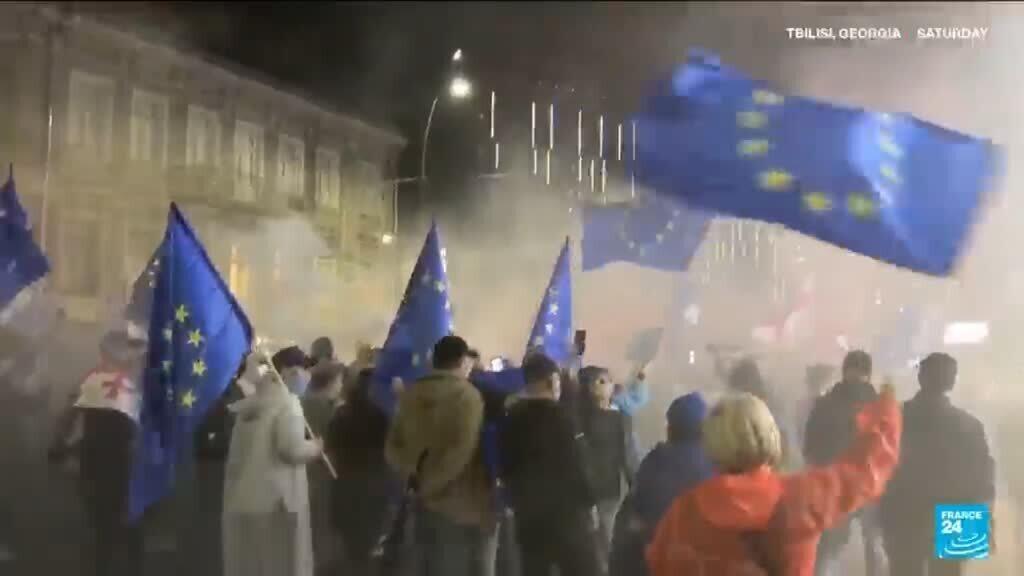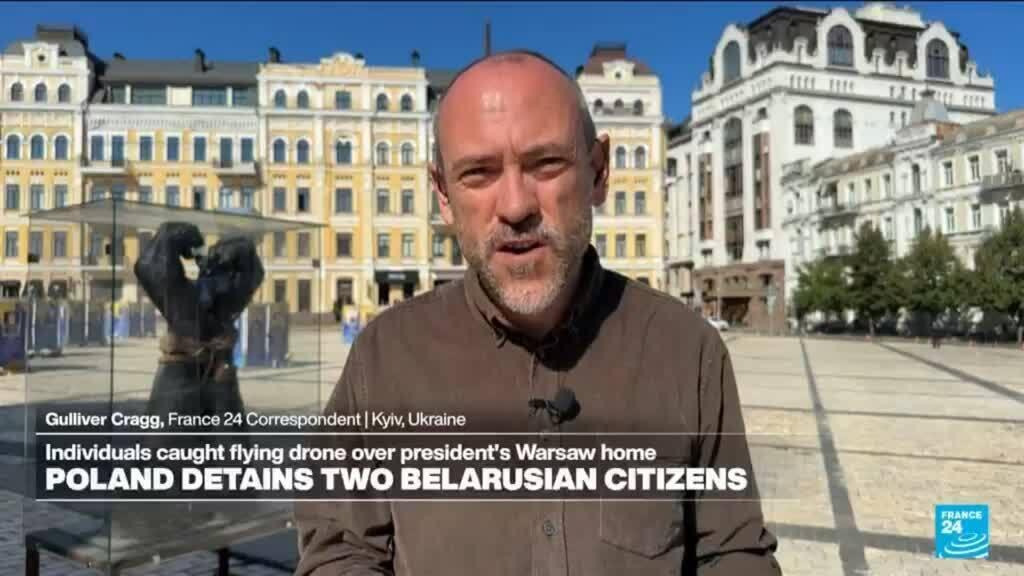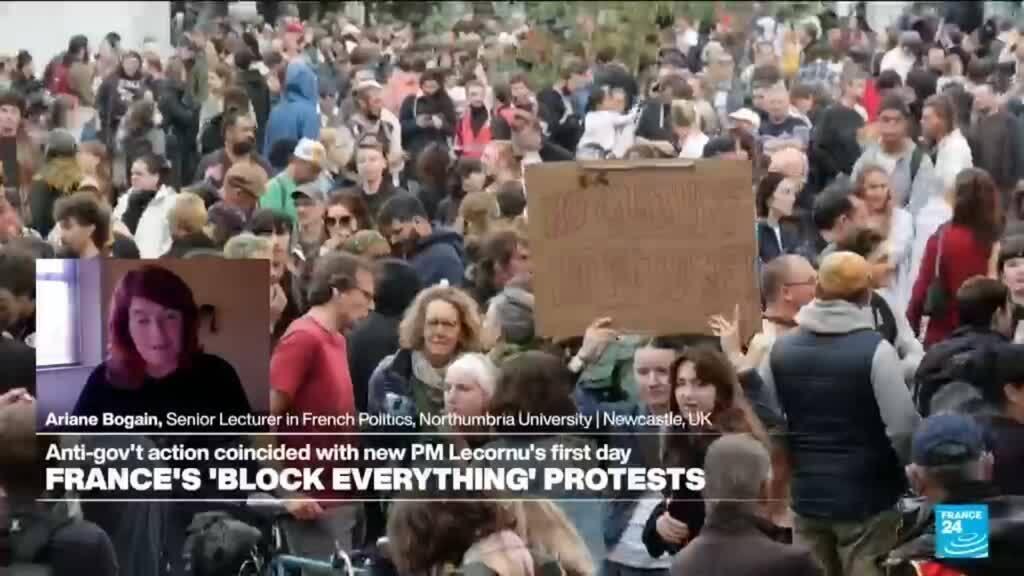Opposition Leader Arrested in Georgia Amid Rising Tensions
Georgian authorities have recently made headlines by arresting Levan Khabeishvili, a prominent figure and leader of the largest opposition party in the country. This event took place on Thursday, shortly after Khabeishvili publicly called for a "peaceful revolution" in light of the upcoming municipal elections, which are set to occur next month. His arrest has raised concerns regarding the increasing pressure on pro-European Union opposition figures amidst a backdrop of political turmoil and unrest.
The arrest of Khabeishvili comes at a time when street protests are ongoing over the contested elections held last October. Dissatisfaction with the results of these elections has been a significant driving force behind the protests, fueled further by the government’s recent decision to cease discussions regarding Georgia's potential accession to the European Union. Such developments have led to heightened tensions between the ruling party and opposition groups, with many citizens expressing their frustration over perceived democratic backsliding.
Levan Khabeishvili's call for a "peaceful revolution" reflects a growing sentiment among opposition leaders that radical changes are necessary to restore democratic practices in Georgia. The timing of his arrest, just days after making this statement, has been interpreted as part of a broader crackdown on dissent within the country. The government’s actions against opposition leaders and movements suggest an increasingly authoritarian approach to governance, particularly against those advocating for stronger ties with the European Union.
In recent months, there has been a significant backlash against pro-EU sentiment, especially following the fallout from last year's elections. The ruling party's decision to halt discussions regarding EU membership has further alienated many Georgian citizens who view European integration as a path towards reform and modernization. In light of Khabeishvili's arrest, there are growing concerns about the future of democratic governance in Georgia and the implications for its relationship with Europe.
The political landscape in Georgia has become increasingly polarized, with the ruling party taking a hard stance against any opposition that challenges its authority. As protests continue in the streets, the response from the government to curb dissent only seems to escalate tensions further. Activists and supporters of Khabeishvili and other opposition leaders are likely to rally in response to his arrest, potentially igniting further demonstrations as they seek to express their discontent with the current political climate.
As Georgia approaches the municipal elections next month, the situation remains precarious. The arrest of Levan Khabeishvili could serve as a flashpoint, igniting larger movements calling for change. The international community is watching closely, concerned about the implications of this crackdown on democracy in Georgia, as well as the potential impacts on the country’s aspirations for EU membership.
Overall, the events surrounding Khabeishvili's arrest highlight the fragile state of Georgian democracy and the increasing challenges faced by opposition forces in the country. With critical elections looming and public sentiments intensifying, the coming weeks will be crucial in determining the trajectory of Georgia's political future and its quest for European integration.












